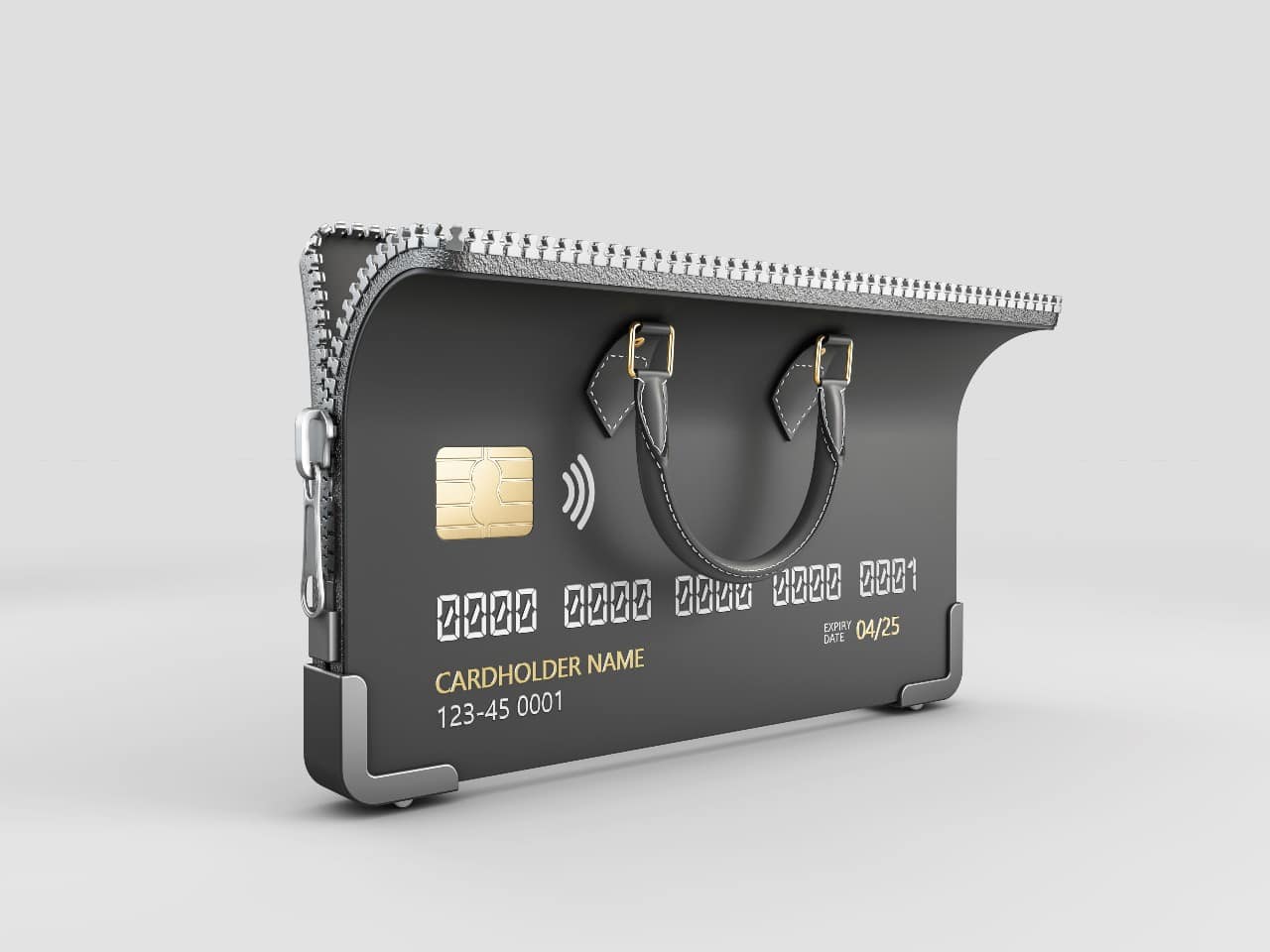Contract agreements are full of confusing language and legal terms. It pays to put in the time to dissect the language and know what you are getting into. Especially, a credit card contract agreement. Otherwise, you may be in for a nasty surprise.
Why It’s Important To Read And Understand Your Contract
Signing a contract legally binds you to its terms. Avoid future surprises by carefully reading through the terms and conditions before signing. You may even find some areas you want to negotiate for better protection.
When parties sign a contract, they agree to meet every term listed. Sitting down and thoroughly reviewing your contract is worth the extra time. This is the best way to protect yourself and avoid future problems.
What Are The Standard Parts Of A Contract?
There are a few basic elements that must be included in every contract. These elements are:
- List the effective date and parties (preamble)
- Explain the context of the agreement and the purpose of the contract (recitals)
- Express the required elements
- Define industry terms
- Each party’s responsibility
- Terms of payment
- Contract duration and end
- Representations and warranties
- Boilerplate language
- Other specifics
- Signatures or electronic signatures
These are the minimum requirements of any contract, including credit card agreements. An agreement needs these elements to be enforced in court. The terms of the agreement should be easy to understand and clear.
What Part(s) Of A Contract Should You Pay Particular Attention To?
Important details are often hidden in the fine print. Many consumers overlook these details, which costs them in the end.
These agreements are legally binding. That’s why you should not only review the terms but make sure you understand them before agreeing to sign. This is especially true for any reference to the charges and fees you may face.
Pay particularly close attention to:
Interest Rates
One of the most important parts of your contract agreement outlines how much interest you pay.
Your credit card agreement has a table with interest rates and charges called the annual percentage rate (APR). APRs can differ depending on the activity or card use.
For example, you may be charged a higher APR on cash advances than a balance transfer or for buying something. Poor account management may even get you a penalty which raises the original APR.
Your credit card agreement also tells you when the company assesses your interest rate.
Fees And Penalties
Understanding the types of fees credit card companies can charge is the best way to avoid paying. Watch for cash advances, balance transfers, and foreign transaction fees.
Payment Instructions
Contract agreements often have several payment options available. You may be able to pay by money orders, bank transfers, or cheque. This section also explains your minimum payment. They may even include an explanation of how to avoid paying interest.
Look for information on the grace period. The grace period is the period of time you have from the sale date to when payment is due. You will not have to pay interest as long as you pay within the grace period.
Grace periods don’t apply to every transaction, like cash advances or balance transfers on credit cards, so make sure you double-check.
Rewards Program
Most credit cards offer rewards like air miles, gas rebates, points, or cash back. This may sound appealing, but it may be harder to earn and redeem them than advertised. This is why reviewing the reward program section in your credit card agreement is important.
Other contract agreements may have rewards programs, too. Your landlord and car loan probably don’t, but utility companies and grocery stores sure do!
Other Benefits
Credit cards come with many other benefits that can save money and make your life easier. They include perks like travel insurance, fraud protection, extended warranties, and purchase protection.
Understanding these benefits can help you know when to lean on your credit card.
What Is Boilerplate Language?
Boilerplate language is the standard stock language in any legal document that is the same in all contract agreements of the same type. It’s just the text used repeatedly without major changes to the original. So, when you see the same text in many contracts, that’s why.
Many lawyers think they can skim over the boilerplate without spending a lot of time reading it. This is a mistake. The unwary could fall into legal traps if they are not paying close attention.
Tips For The Best Ways To Read Over A Contract Agreement
Here are more tips on how to read through your contract:
- The phrase “provided” or “provided, however,” flags that you will read an exception to the rule you just read.
- “Notwithstanding any provision to the contrary” means you will read a rule that beats all the other rules on that specific topic. You might also see it phrased as “notwithstanding the foregoing.”
- If the contract says “for the avoidance of doubt,” they want to avoid any confusion about what comes next.
- Beware of double negatives! They don’t, not matter! Carefully think about any double negatives you find to help you understand what the agreement really says.
- In a general contract agreement, if you find a confusing sentence, consider if the confusion benefits or hurts you. If the lack of clarity hurts you, decide if you have enough leverage to clarify it in your negotiations. If not, don’t mention anything in discussions, as it may get turned against you.
- Contract sentences may be long and confusing. Very long and confusing. To make them easier to understand, break each one down and read through them section by section. Then, put the sentences back together and read through them again.
- Check the section that lists any annual, extra or recurring fees. Other costly fees include over-the-credit limit amounts, late payments, and returned cheque fees.
Conclusion
Understanding your contracts brings peace of mind and avoids future problems. Reviewing your contract agreement with care is the best way to avoid surprises down the road.
Credit card agreements are full of legal language and important information. If you’ve found yourself struggling financially because of misunderstanding your credit card agreement, call a credit counsellor today.










